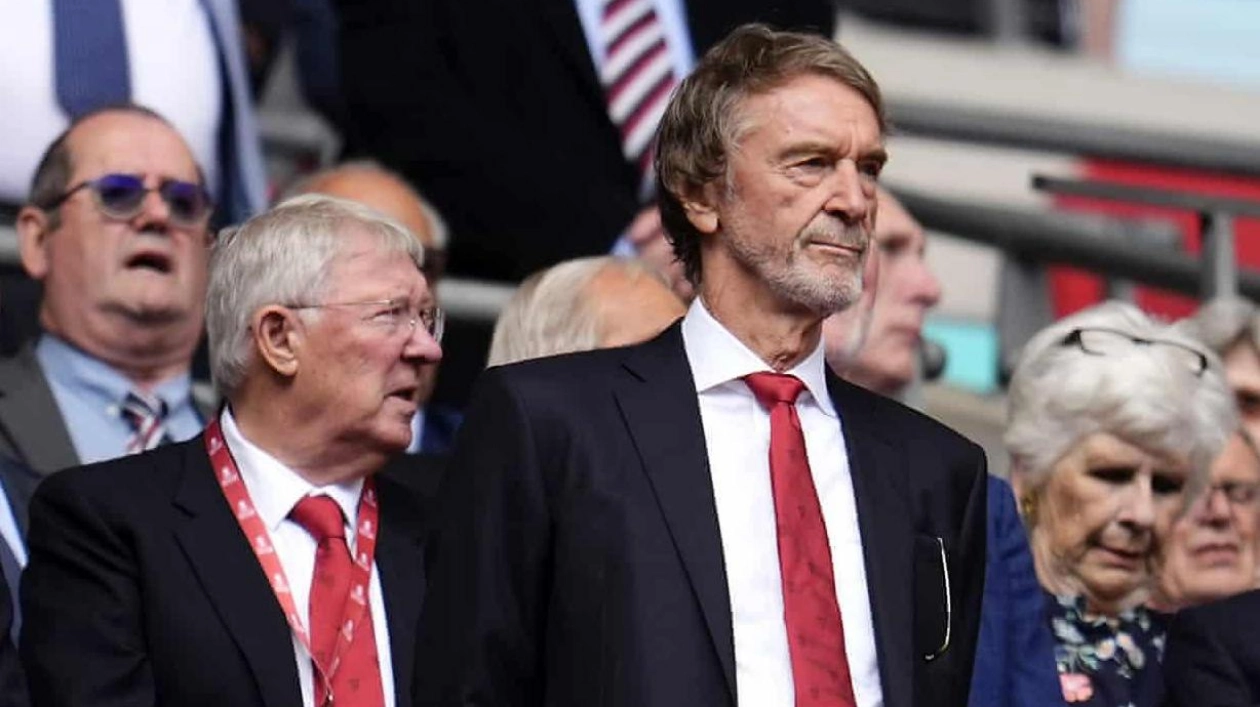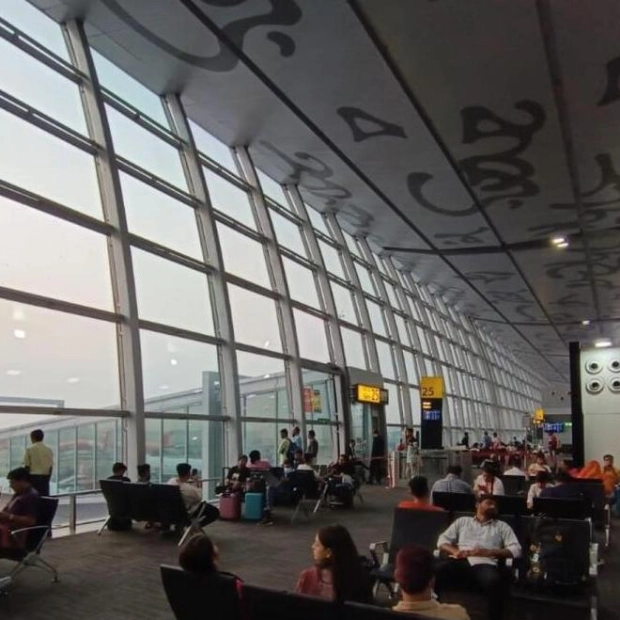Wayne Rooney had stolen the spotlight in a 2-0 Manchester United victory. The Premier League champions' visit to Aberdeen in the summer of 2008 created a festive atmosphere, a testament to Alex Ferguson's iconic move from Pittodrie to Old Trafford. This friendly match was held to commemorate the 25th anniversary of Ferguson guiding Aberdeen to Cup Winners' Cup triumph. The friendly atmosphere persisted... until post-match media duties. Frank Gilfeather, a prominent figure in the north east, inquired about the potential repercussions of Carlos Queiroz's recent departure from United to become Portugal's head coach. Unaware of Gilfeather's presence, Ferguson's glance was so fierce it made the four horsemen of the apocalypse seem like cartoon characters. After a three-second pause—felt like three months—Ferguson responded with perfect articulation. As the press conference ended, a group of us approached Gilfeather, eager to understand the basis for Ferguson's extraordinary reaction. Gilfeather had covered Ferguson's tenure in Aberdeen and was presumed to have a decent relationship with the managerial legend. 'Michael Crick,' Gilfeather replied. 'I spoke to Michael Crick for his book.' Indeed, Gilfeather had. It was just that Ferguson hadn't encountered him in the six years between the release of Crick's book The Boss and that July afternoon. Gilfeather recounted to Crick that obtaining a soundbite from Ferguson for Grampian Television in the early 1980s was rarely straightforward. In the book, Gilfeather says: 'The first thing he always asked was: 'How much?' And I'd say, 'Look, Alex, it's only for a couple of minutes.' And he'd say, 'Yeah, well, how much will I get? I get £35 from STV when I do a thing for Scotsport, so how much from you guys?'
In Ferguson's latest dealings with directors, he has been stripped of more than £2m a year by United after the club ended his ambassadorial duties. 'Such a lack of respect,' Eric Cantona exclaimed. 'It's totally scandalous.' Cantona's involvement in lucrative post-football pursuits, evident in his ubiquitous presence in betting adverts, underscores his familiarity with such matters. 'Sir Alex Ferguson should be able to do anything he wants at the club until the day he dies,' Cantona said. Ferguson can—of course he can—he just won't be paid a hefty seven figures for the privilege. Rio Ferdinand soon chimed in. 'No one is safe,' the former United defender warned, overlooking the fact that the sword of Damocles has not fallen on a group of players languishing in the bottom half of the league or a manager perpetually on the brink of crisis. Those definitely not 'safe' from a Jim Ratcliffe-inspired austerity drive are the 250 United employees laid off as the club seeks to recoup £10m a year. The average saving per head is £40,000. Staff were informed during a 15-minute meeting about the belt-tightening measures. Astonishingly, Ferguson didn't make a beeline for Ratcliffe (if he had, we would surely have heard about it) and offer to relinquish his stipend, which has been paid since 2013.
It should have been evident that paying a managerial legend close to £200,000 a month to promote United was entirely unnecessary. This applies to Ferguson as much as to United themselves, who undoubtedly feared negative headlines from figures like Cantona if they severed ties with the man who revolutionized their on-field fortunes. What would the young Ferguson, an ardent trade unionist, think of a scenario where £2m was awarded to someone essentially retired while those on low incomes were deemed expendable? Ferguson turns 83 in December; it's reasonable to wonder if he believed he could receive the United wage indefinitely or if this devout socialist has undergone a political reawakening. In Ferguson's defense, he made no fuss over the termination of his paid ambassadorial duties. Ferguson recently told Ally McCoist that he no longer concerns himself with tactics or related details when attending games. True though that may be, images of him conversing with executives as United cycled through coaches since his departure sit uneasily with some. Ferguson still calls other clubs to support a manager under pressure. Kind in one sense, indicative of someone who cannot let go in another.
Money played a central role in a more public dispute between Ferguson and fellow owners of Rock of Gibraltar. The fallout from that facilitated the Glazer family's entry into Old Trafford. Ferguson's pursuit of half the stud rights from the horse led to a memorable polemic from a Scottish columnist who was once his good friend. There's nothing wrong with someone in Ferguson's position emphasizing their own worth. This approach did him no harm during his prime, as the plethora of trophies delivered at Aberdeen and United attests. His legacy as one of Britain's greatest managers remains unassailable. Top Premier League players wouldn't get out of bed for £2m a year. It's just that the optics of this situation, exposed only because United deemed it a fiscal excess they could do without, are far from ideal. These are times of mediocrity at Old Trafford. Whether Ratcliffe and associates can break that mold remains to be seen. The removal of Ferguson from a formal role is not callous, nor is it likely to impact beyond the balance sheet. It just feels unsatisfactory that Ferguson, so conscious of his reputation, didn't reach this conclusion himself sooner.
Source link: https://www.theguardian.com






